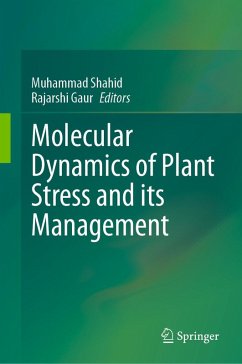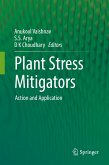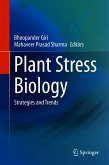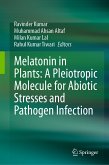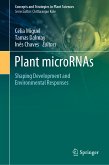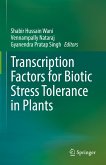This edited volume focuses on the study of stress in plants and how it can be effectively managed. With the growing global population, the importance of crop yield and stress management has become a critical issue, and this book offers solutions to these challenges. The book explores the impact of abiotic and biotic stressors on plant growth and development, including drought, salinity, temperature stress, pests, and diseases. It also examines the role of genetic engineering and biotechnology in developing stress-tolerant plants. It offers insights on the latest research and advancements in plant breeding, genomics, and proteomics, which are essential in developing crops that can withstand harsh environmental conditions. It offers solutions for managing these challenges, including genetic engineering, proteomics, and genomics. The book provides a detailed overview of the latest research and advancements in plant stress management and offers practical advice on how to apply these findings in real-world scenarios. It explores the impact of climate change on agricultural production and provides insights on how to develop stress-tolerant crops that can withstand changing environmental conditions. With its comprehensive coverage of the latest research and practical insights, the book is an invaluable guide for students, researchers, and professionals looking to develop sustainable agricultural practices and ensure food security for future generations.
Dieser Download kann aus rechtlichen Gründen nur mit Rechnungsadresse in A, B, BG, CY, CZ, D, DK, EW, E, FIN, F, GR, HR, H, IRL, I, LT, L, LR, M, NL, PL, P, R, S, SLO, SK ausgeliefert werden.

